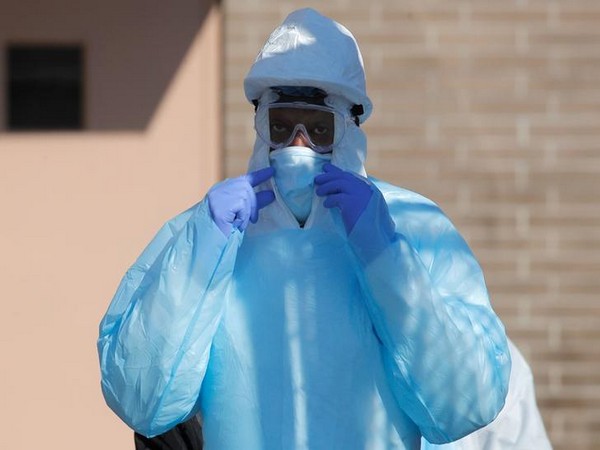Adequate PPE effective in preventing COVID-19 infection in doctors, nurses: Study
Appropriate personal protective equipment (PPE), including masks, gloves, goggles, and face shields, is effective in preventing COVID-19 infection in frontline healthcare professionals who work in highly exposed environments, according to a study.

- Country:
- China
Appropriate personal protective equipment (PPE), including masks, gloves, goggles, and face shields, is effective in preventing COVID-19 infection in frontline healthcare professionals who work in highly exposed environments, according to a study. The research, published in The BMJ on Wednesday, found that despite being at high risk of exposure to COVID-19, healthcare professionals who were appropriately protected did not contract infection or develop protective immunity against the virus.
The researchers, including those from Sun Yat-sen University in China, acknowledge that the healthcare professionals were working away from home, so had limited social interactions after work, which probably contributed to the absence of infection. They said healthcare systems "must give priority to the procurement and distribution of personal protective equipment, and provide adequate training to healthcare professionals in its use." The team, including researchers from the University of Birmingham, UK, set out to examine the protective effects of appropriate PPE for frontline healthcare professionals who provided care for patients with COVID-19.
Their findings are based on 420 healthcare professionals -- 116 doctors and 304 nurses -- with an average age of 36 years, who were deployed to Wuhan for 6-8 weeks from 24 January to April 7, 2020 to care for patients with COVID-19. Participants worked 4-6 hour shifts for an average of 5.4 days a week, and an average of 16.2 hours each week in intensive care units.
All participants were provided with appropriate PPE, including protective suits, masks, gloves, goggles, face shields, and gowns. They also received training in the correct use of PPE and in reducing their exposure to infection when caring for patients, the researchers said.
During the deployment period in Wuhan, none of the study participants reported COVID-19 related symptoms, they said. When the participants returned home, they all tested negative for COVID-19 infection or its antibodies, according to the researchers.
They point out that this study does not address the question of what the minimal level of PPE should be to effectively prevent infection among healthcare professionals, adding the findings only apply to frontline clinical staff. The researchers acknowledge that these healthcare professionals were working away from home, which probably contributed to the absence of infection.
"However, this limitation does not affect our conclusion that appropriate PPE is effective in preventing infection in healthcare professionals who work in highly exposed environments," the researchers said..
(This story has not been edited by Devdiscourse staff and is auto-generated from a syndicated feed.)
- READ MORE ON:
- The BMJ
- Sun Yatsen University
- Wuhan
- China
- University of Birmingham
- UK










